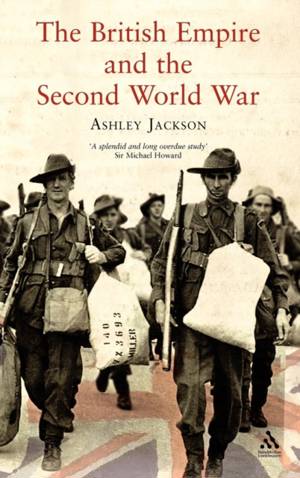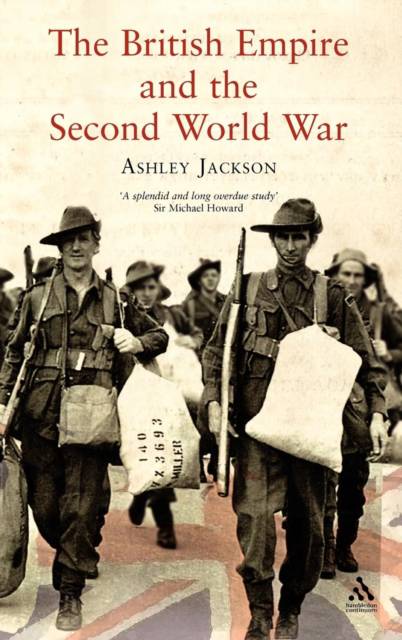
- Afhalen na 1 uur in een winkel met voorraad
- Gratis thuislevering in België vanaf € 30
- Ruim aanbod met 7 miljoen producten
- Afhalen na 1 uur in een winkel met voorraad
- Gratis thuislevering in België vanaf € 30
- Ruim aanbod met 7 miljoen producten
Omschrijving
In 1939 Hitler went to war not just with Great Britain; he also went to war with the whole of the British Empire, the greatest empire that there had ever been. In the years since 1945 that empire has disappeared, and the crucial fact that the British Empire fought together as a whole during the war has been forgotten. All the parts of the empire joined the struggle and were involved in it from the beginning, undergoing huge changes and sometimes suffering great losses as a result. The war in the desert, the defence of Malta and the Malayan campaign, and the contribution of the empire as a whole in terms of supplies, communications and troops, all reflect the strategic importance of Britain's imperial status. Men and women not only from Australia, New Zealand and India but from many parts of Africa and the Middle East all played their part. Winston Churchill saw the war throughout in imperial terms. The British Empire and the Second World War emphasises a central fact about the Second World War that is often forgotten.
Specificaties
Betrokkenen
- Auteur(s):
- Uitgeverij:
Inhoud
- Aantal bladzijden:
- 624
- Taal:
- Engels
Eigenschappen
- Productcode (EAN):
- 9781852854171
- Verschijningsdatum:
- 30/05/2006
- Uitvoering:
- Hardcover
- Formaat:
- Ongenaaid / garenloos gebonden
- Afmetingen:
- 162 mm x 241 mm
- Gewicht:
- 1061 g

Alleen bij Standaard Boekhandel
Beoordelingen
We publiceren alleen reviews die voldoen aan de voorwaarden voor reviews. Bekijk onze voorwaarden voor reviews.








